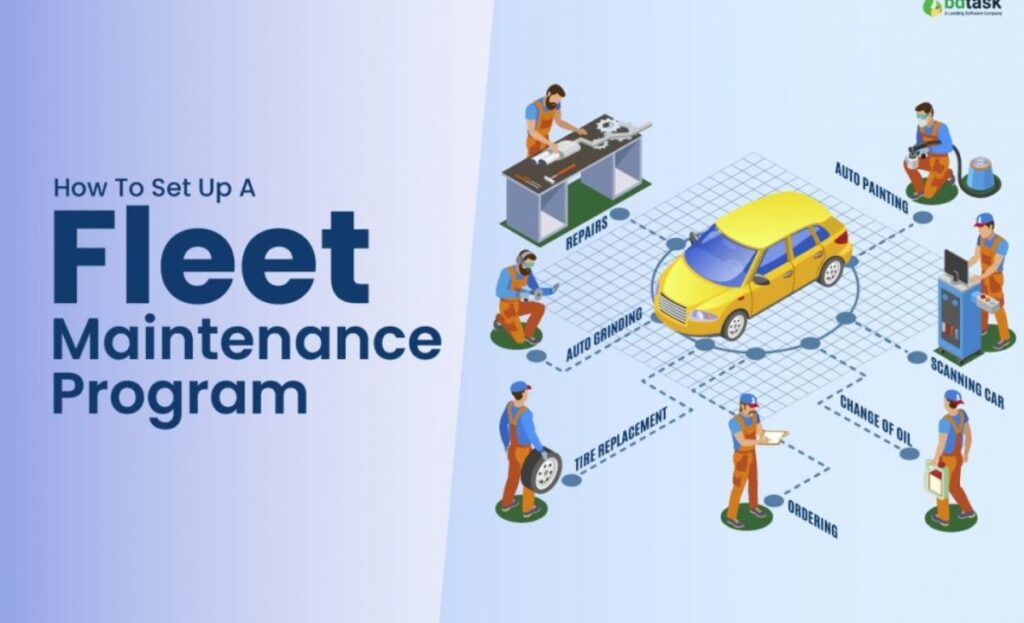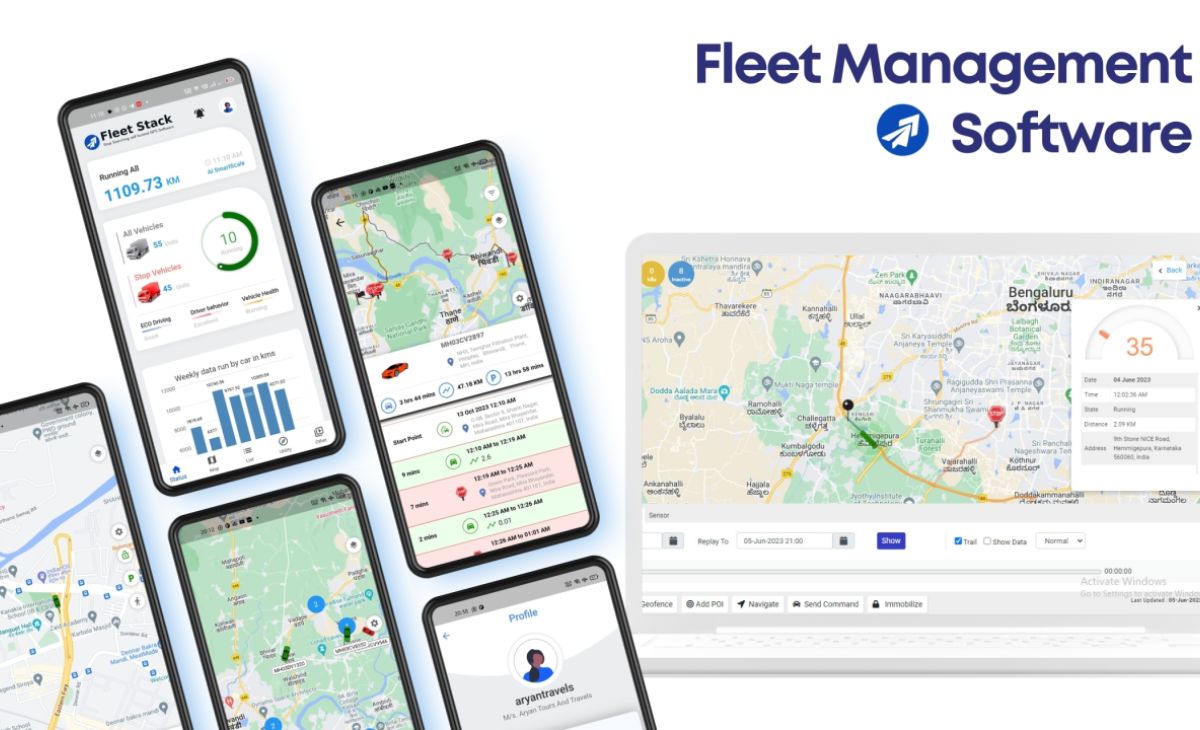What is Fleet as a Service?

Fleet as a Service (FaaS) represents a modern approach to managing vehicle fleets through outsourced solutions. Companies can access comprehensive fleet management without heavy upfront investments. The service includes everything from vehicle acquisition to maintenance and performance tracking.
FaaS providers handle the complete lifecycle of fleet operations and management. Real-time monitoring and data analytics help optimize fleet performance. The subscription-based model makes it accessible for businesses of all sizes.
Key Fleet as a Service Investment Opportunities
Technology infrastructure development offers significant investment potential in the FaaS sector. Software platforms and IoT solutions show strong growth trajectories. Data analytics companies specializing in fleet optimization present attractive opportunities.
Electric vehicle fleet management systems are becoming increasingly valuable. Charging infrastructure and maintenance networks offer promising returns. Companies developing specialized EV fleet solutions attract significant investor interest.
Top FaaS Platforms and Their Key Features

Leading platforms offer comprehensive fleet management solutions. Real-time tracking and predictive maintenance capabilities stand out. Advanced analytics help optimize routes and reduce operational costs.
Mobile applications enable seamless communication between managers and drivers. Automated maintenance scheduling prevents unexpected downtime. Fuel management systems help control costs effectively.
Top FaaS Platforms to Consider
Established market leaders provide proven solutions with extensive features. Regional providers offer specialized services for specific markets. New entrants bring innovative approaches to fleet management challenges.
Cloud-based platforms enable scalable solutions for growing fleets. Integration capabilities with existing systems increase operational efficiency. Customer support and training resources ensure smooth implementation.
The Future of Fleet Management Systems
Artificial intelligence will drive next-generation fleet management solutions. Machine learning algorithms will enhance predictive maintenance capabilities. Autonomous vehicle integration will reshape fleet operations.
Connected vehicle technology continues to evolve rapidly. Smart city integration creates new opportunities for fleet optimization. Data-driven decision making becomes increasingly important.
Why Invest in Fleet as a Service?
The FaaS market shows strong growth potential and stable returns. Regular subscription revenue provides predictable income streams. Market expansion creates numerous investment opportunities.
Environmental regulations drive adoption of sustainable fleet solutions. Growing demand for efficient fleet management supports market growth. Technology advancement creates new revenue opportunities.
Risks and Considerations for Investors
Market competition poses challenges for service providers. Technology obsolescence requires constant innovation. Regulatory changes may impact operational costs.
Security concerns need careful consideration in platform selection. Integration challenges can affect implementation success. Economic fluctuations may impact fleet industry growth.
Emerging Technologies in Fleet as a Service
Blockchain technology enables transparent fleet management processes. Edge computing enhances real-time decision making capabilities. 5G networks enable advanced fleet monitoring systems.
Internet of Things sensors provide detailed operational data. Artificial intelligence optimizes route planning and maintenance scheduling. Cloud computing enables scalable solution deployment.
Sustainability and Fleet as a Service
Electric vehicle integration drives sustainable fleet operations. Renewable energy charging solutions reduce environmental impact. Carbon footprint monitoring becomes increasingly important.
Green fleet initiatives attract environmentally conscious clients. Energy efficiency optimization reduces operational costs. Sustainable practices improve corporate environmental responsibility.
READ THIS MORE:95.b Macan Turbo vs 95.b2 Macan Turbo: A Comprehensive Analysis
Customizable Solutions for Diverse Industries

Different industries require specialized fleet management approaches. Healthcare sectors need emergency vehicle management solutions. Retail businesses focus on delivery optimization systems.
Construction industry requires heavy equipment tracking. Manufacturing companies need materials transport management. Agriculture sector needs specialized vehicle monitoring.
Competitive Landscape and Market Positioning
Market consolidation creates opportunities for strategic partnerships. Regional markets show varying levels of FaaS adoption. Service differentiation becomes crucial for success.
Technology innovation drives competitive advantage. Customer service quality impacts market position. Brand reputation influences client acquisition.
READ THIS MORE:The Quantum Gray Metallic Acura RSX: A Bold Choice for Car Enthusiasts
Frequently Asked Questions
What makes FaaS different from traditional fleet management?
FaaS provides integrated solutions with minimal upfront investment, combining advanced technologies for better efficiency.
How does FaaS improve operational efficiency?
Through real-time monitoring, predictive maintenance, and data-driven optimization of routes and resources.
What are the key benefits of investing in FaaS?
Steady revenue streams, growing market demand, and multiple opportunities across technology and service sectors.
How does FaaS support sustainability goals?
By enabling efficient route planning, supporting EV adoption, and providing tools to measure and reduce emissions.
What technologies are driving FaaS innovation?
AI, IoT, blockchain, and 5G networks enable advanced fleet management capabilities and new service offerings.
Conclusion
Fleet as a Service represents a dynamic investment opportunity with strong growth potential. The sector combines stable revenue streams with technological innovation. Careful market analysis and risk assessment can help maximize investment returns.
Sustainability initiatives and technological advancement drive market expansion. Strategic positioning becomes crucial for long-term success. Investors who understand market dynamics and choose carefully positioned companies stand to benefit from this evolving industry.





